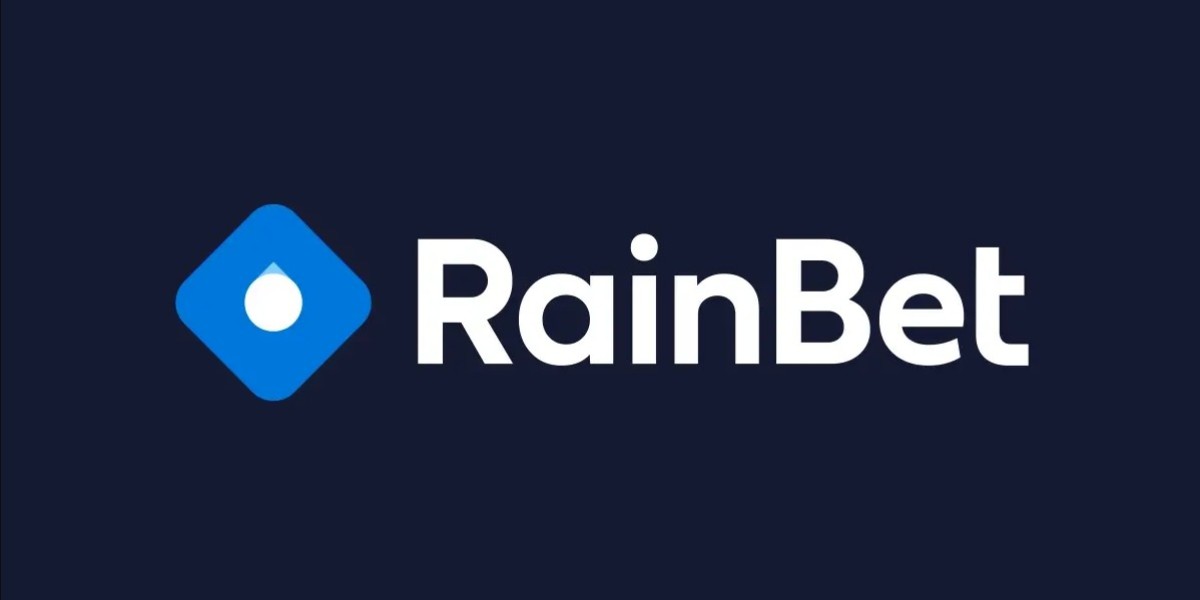
A Comprehensive Guide to Buying Licenses: What You Need to Know
In today's competitive landscape, the purchase of licenses is typically a necessary element of operating a successful business. Whether you are aiming to buy licence (Our Web Site) software licenses for your company, a music license for your artistic undertakings, or a company license to guarantee compliance with regional laws, understanding the nuances of license procurement is important. This article will look into the types of licenses offered, outline the steps to take when acquiring a license, and address often asked concerns for clarity.
Understanding Different Types of Licenses
There are several types of licenses readily available throughout different industries. Below is a classified introduction of the most typical licenses one might encounter:
1. Software application Licenses
Software application certifies grant users permission to operate software application applications under defined terms. These can be divided into a number of categories:
- Proprietary Licenses: The user has actually limited rights and should follow the terms set forth by the software application maker.
- Open Source Licenses: These enable users to customize the software's source code, adhering to copyright laws.
- Freeware Licenses: Users can utilize the software for complimentary, however may deal with limitations on redistribution and modification.
2. Service Licenses
Company licenses are required by regional, state, and federal governments to lawfully run an organization. Common licenses include:
- General Business License: A fundamental license required to run within a city or county.
- Professional Licenses: Required for specific occupations, such as health care or financing.
- Sales Tax Permit: Necessary for businesses taking part in retail sales.
3. Innovative Licenses
For artists, musicians, and material developers, protective licenses ensure the best usage of their work:
- Copyright Licenses: Control over how the work can be replicated, dispersed, and displayed.
- Music Licenses: Necessary for performing or utilizing music in different settings, such as radio stations or public places.
4. Copyright Licenses
These are essential for securing innovations and concepts:
- Patent Licenses: Allow others to produce or utilize an invention.
- Hallmark Licenses: Permit others to use a brand name's identifiable signs.
Actions to Buying a License
When planning to purchase a license, it's important to follow a structured approach:
Step 1: Identify Your Needs
Before acquiring a license, assess the requirements of your market or occupation. Concerns to think about consist of:
- What kind of license do you need?
- Are you compliant with existing guidelines?
- How will the license advantage your operations?
Action 2: Research Licensing Options
Conduct thorough research to identify prospective suppliers or licensing authorities. Keep in mind of their credibility, pricing structures, and terms.
Think about the following during research:
- Read reviews and reviews from other users.
- Compare rates across various licensing service providers.
- Comprehend the fine print in licensing arrangements.
Step 3: Evaluate Legal Requirements
Become familiar with the legal aspects of the license. Laws might differ by location, so it's advisable to consult with a legal consultant or service specialist.
Step 4: Budget for the License
Licenses can vary significantly in cost. Produce a budget plan that covers not only the purchase but also any ongoing charges related to the license. Consider if there will be a requirement for renewal.
Step 5: Make the Purchase
Once you have selected the appropriate license and completed the information, continue with the purchase. Keep a record of the deal, including invoices and contracts.
Step 6: Maintain Compliance
After getting the license, guarantee you abide by its terms to avoid legal implications. Schedule suggestions for renewal dates and keep your documents organized.
Regularly Asked Questions (FAQs)
1. What is the distinction in between a license and a permit?
A license usually grants approval to take part in particular activities, while a permit often permits the completion of a particular process, such as building or ecological compliance.
2. For how long does it require to obtain a license?
The timeline can vary greatly depending on the kind of license and regional guidelines. Some licenses can be acquired on the exact same day, while others might need weeks or months for approval.
3. Can licenses be moved or offered?
In basic, licenses are frequently non-transferable, particularly proprietary software licenses. Nevertheless, some states permit the transfer of business licenses under particular conditions.

4. What takes place if I do not purchase the needed licenses?
Running without the required licenses can lead to severe penalties, consisting of fines, claims, and even the closure of your service.
5. Are there any discount rates available for bulk license purchases?
Many software suppliers offer discount rates for acquiring multiple licenses simultaneously. It's worth asking about available choices during the acquiring procedure.
Acquiring the appropriate licenses is important for both people and companies in numerous industries. By comprehending the various kinds of licenses readily available, investigating effectively, and following a structured getting procedure, one can avoid pitfalls and guarantee smooth operations. In a world where compliance is vital, taking proactive actions to protect the required licenses is an investment in the future stability and stability of any venture.







